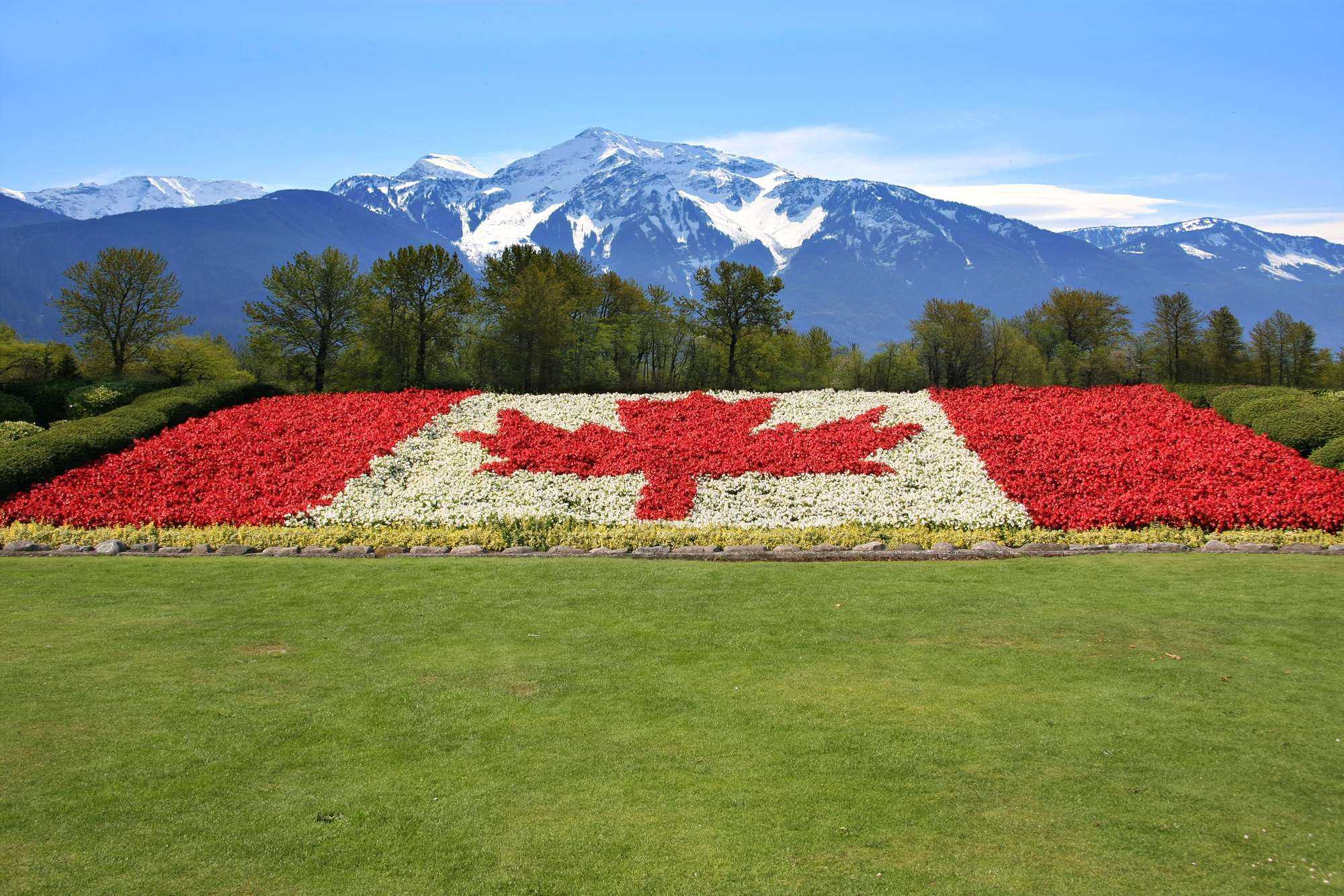BY TVISHA MISTRY
Currently, Canada is ranked 22nd around the world with just over 900,000 COVID-19 cases.
When the pandemic first began none of us expected this.
Last year on March 13th, 2020, Canadian Prime Minister Justin Trudeau urged all the Canadian citizens abroad to return home; back to Canada while they still could. Followingly, Canada shut its borders to all non-Canadian citizens, (exempting a few special cases), to limit the spread of COVID-19.
Ever since then Canada’s borders have been closed and there has been a constant effort to limit travel to-and-fro other countries. It’s been a year since our lives were placed in quarantine and it’s unjustifiable to say that the citizens of Canada are the only ones that have been impacted.
Ever since last year March 13th, Canada’s tourism industry has also been under “quarantine”. Sounds a bit funny to hear, I’ll admit I thought it was funny writing it. But it’s true. For a little more than a year now Canada has restricted tourism which has had and will continue to have a drastic effect on Canada’s tourism industry and the finances associated with the industry’s economy.
Canada has always been a tourism hot spot because of its lively cities, wide range of extracurricular activities, and breathtaking natural wonders, but ever since the start of the pandemic, the tourism industry has suffered substantially.
“Tourism has a ripple effect into so many other parts of our quality of life as Canadians,” said Marsha Walden, president, and chief executive officer (CEO) of Destination Canada. “It’s one of those very few industries, maybe the only one, that can be found in every corner of this country.”
Destination Canada is a Crown corporation (owned by the Government of Canada) dedicated to promoting the growth and profitability of the Canadian tourism industry by marketing Canada as a desirable travel destination.
Recently Destinations Canada released a report compiled through original research as well as government and industry resorts. The report discusses Canada’s tourism crisis and provided the researched data to support its forecast of the economy’s “long recovery.”
Within the tourism sector, the finances have experienced a large drop, especially within businesses. Overall, the number of operative businesses has dropped by 9% and more than half a million employees working in the tourism industry have lost their jobs.
Travel services (transportation) have experienced the largest drop, declining operating business by 31%. The subsidiaries within tourism (rail, scenic, and sightseeing transportation) have seen the second-biggest drop experiencing a decline of 15%.
Additionally, Canada’s hotel industry suffered throughout the pandemic, with major losses focused especially in the cities: Montreal, Toronto, and Vancouver; whose downtown hotels have had the lowest occupancies when compared to other regions in Canada.
The revenues for hotels in the three cities have had a drastic decline, falling 79% in the last year, accumulating a total loss of $2.3 billion across just the three cities, the report by Destinations Canada states.
The report further acts as a call to action for Canadians to supports the country’s damaged economy by enjoying domestic vacations once the public health situation improves. If enough Canadians opt for a domestic vacation rather than going overseas, Canada’s economy could speed up recovery for the tourism sector by up to one year, according to the report.
More than 22 million people visited Canada last year, accumulating more than $100 billion to the Canadian economy through the tourism industry. But border closures and travel restrictions have numerous businesses and even municipalities fearing major economic recession.
“Canadians have been sitting at home, saving a lot of money this year, which is great for individuals and not so great for the economy,” Marsha Walden said. “We really need them to get out there and travel the country and spend money across the country once it’s safe to do so,” she added.

